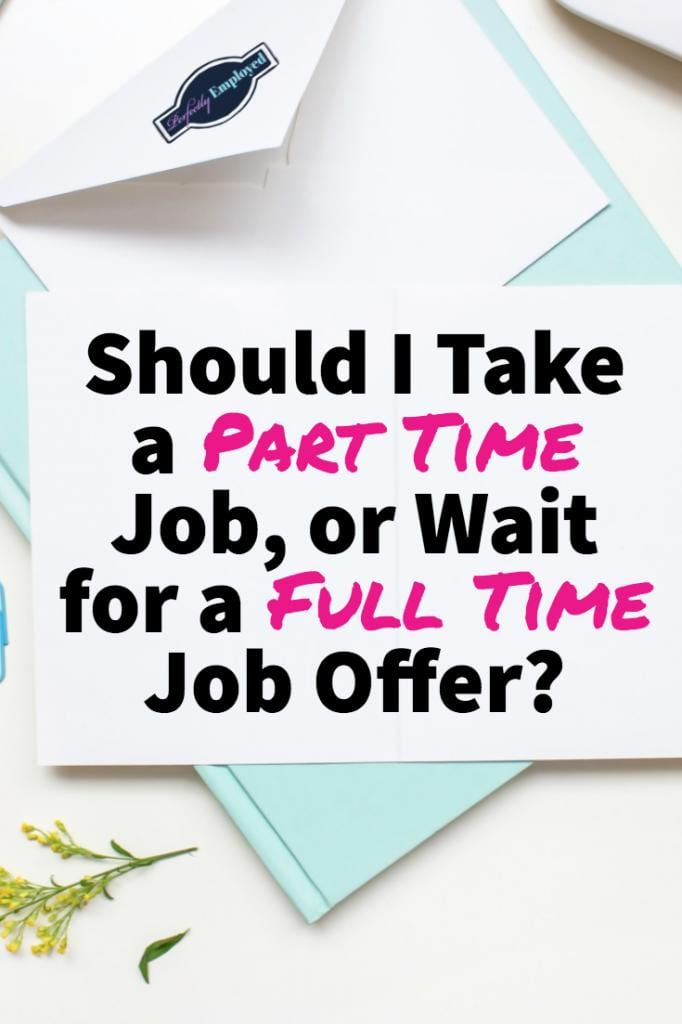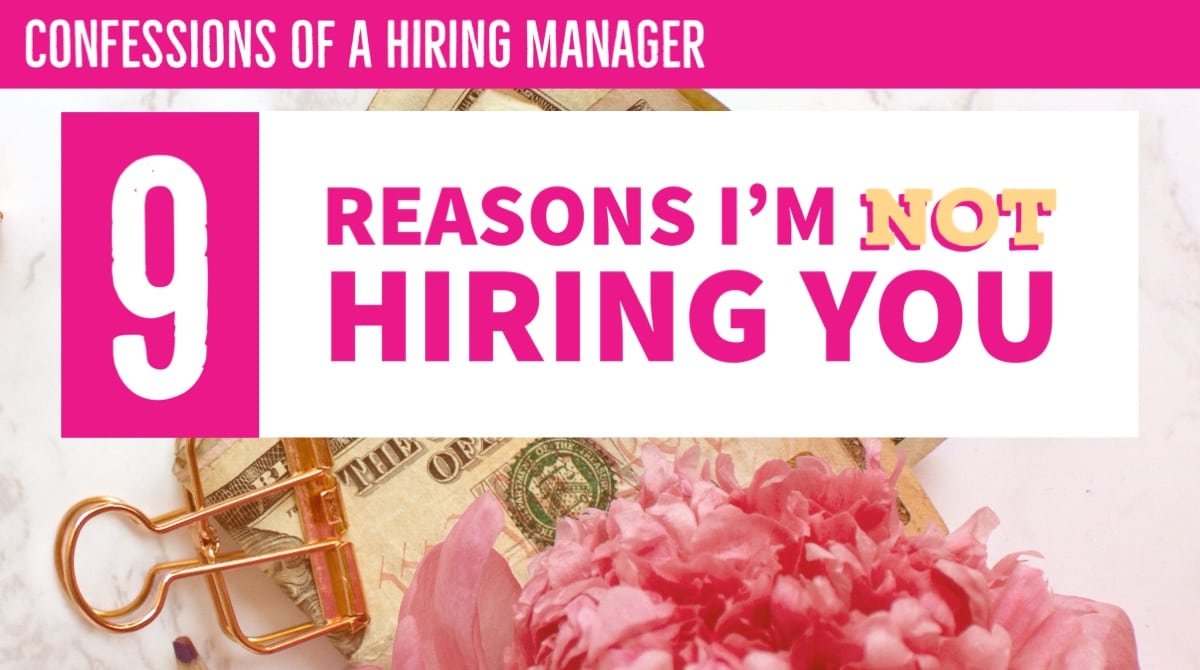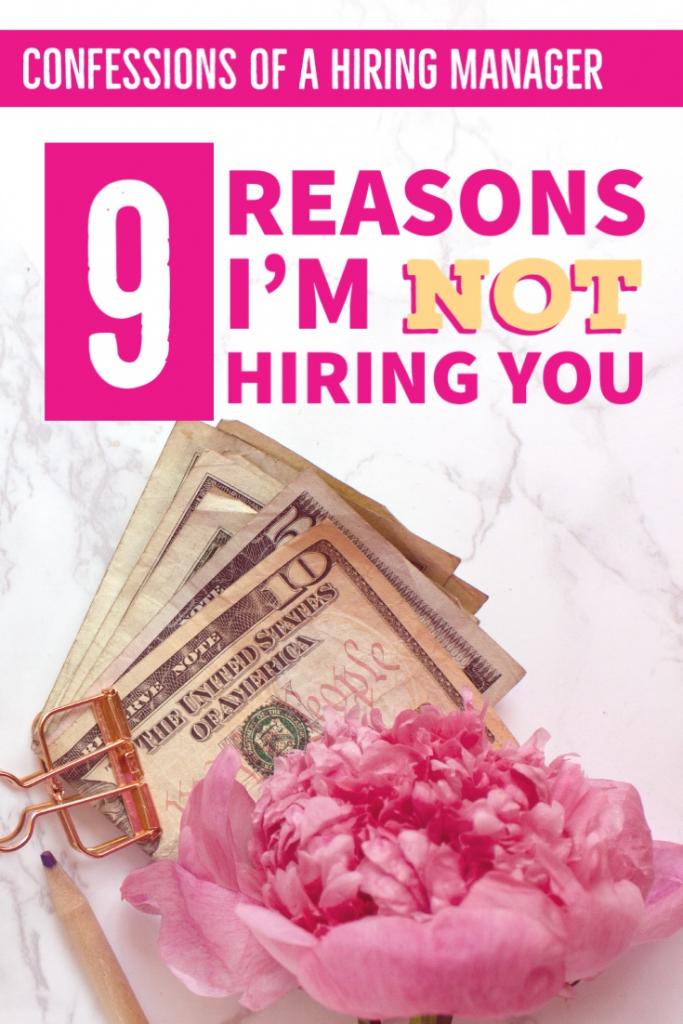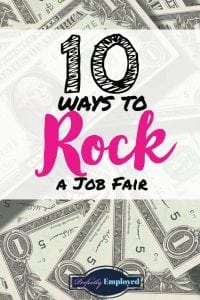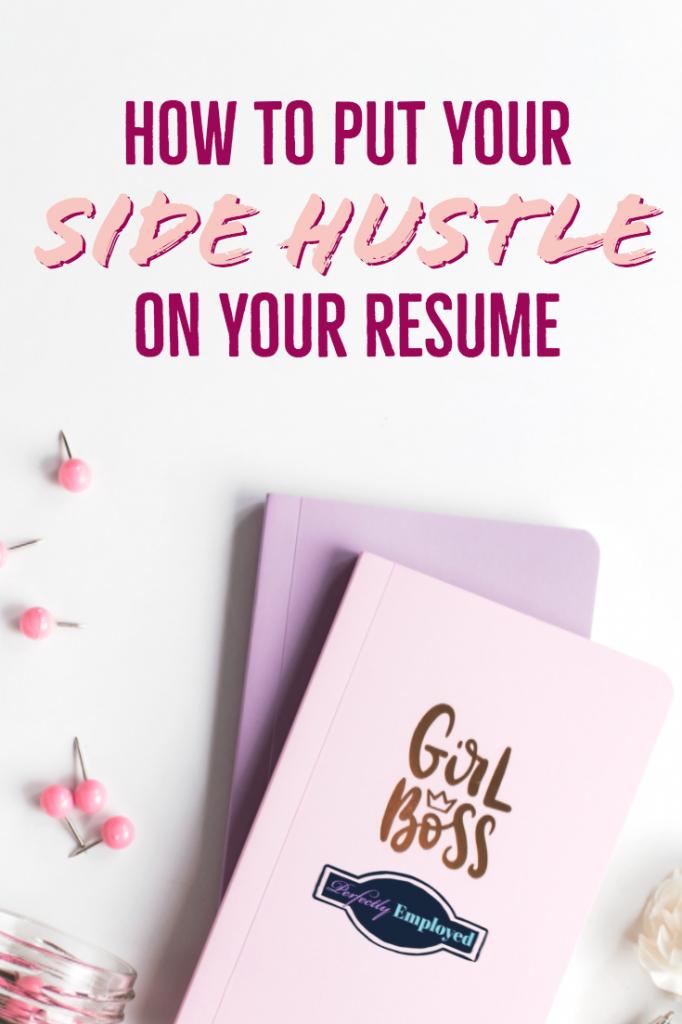
If you are looking for an online degree program, you will quickly learn that one of the most popular online degree majors is Business Management. While you have plenty of choices for your major, this one is sure to stand out to because it sounds versatile, like you could use it for pretty much anything. After all, everything is “business” in some way, right? And “management” shows leadership!
However, an online degree in business management is not for everyone. I graduated from a regionally accredited online degree program 15 years ago. Online education has changed drastically in that time. You have far more choices now than I did then. Before you decide to check for BA business management course programs, answer these questions:
What Will I Do Once I Have My Degree?
If you answered the question with, “I will apply for a promotion at my current job,” and a degree is a requirement for your promotion, go for the business management degree. It may be the quickest way to your promotion, and if you already have specific industry knowledge that you are using to build a career, the business management degree can support your career trajectory.
If you answered the question with something like, “I will start my own business,” or “I will invent something that will change the world, then go on Shark Tank and make a fortune,” then you might consider a degree that is less theoretical and more practical. Entrepreneurship is often a degree track in traditional business degrees, so look around for a degree that supports this passion.
The same is true of most career-specific goals; unless your goal is to be middle management or to enhance your prospects in an industry where you’re already an expert, a more specific degree may make more sense for you.
Have you thought about a career in management consulting? Check out this guide to becoming a management consultant.
Will a Business Management Degree Help me Start my Career?
Employers complain that business majors have theoretical knowledge, but not practical application that they can use immediately. The market is flooded with business majors–1 in 5 of all undergraduate degrees are awarded in business. To have the best chance of finding a job after college, you will need to stand out from the crowd.
You are better off selecting a major that is specific to something. If you like money, try majoring in accounting–even Kanye needs an accountant, and if you hate it, you can use your mad money skills to consult or move to a business-related industry.
If you love art, but your parents say you should “major in something practical,” look at graphic art, motion graphics, and other art degrees where the end goal is employment with a high-end corporation and not just to create art for art’s sake.
The point is, passion will get you further than a general degree. If you are passionate about a subject, you will find ways to make money with it.
What is Your Endgame?
If you look at this question and answer it with, “I don’t know, I just want a degree.” Then sure, go for the business management degree because it will fulfill this goal and give you a very general degree you can use as a stepping stone to a more specific graduate degree later, when you have more clarity about what you want to do in life.
But if you do choose that path, intern throughout your degree experience. Your degree alone will not get you a job–you need practical experience that you can bring to the table immediately. The vast majority of employers do not want to train you, so be smart and gain experience while you’re working on your degree.
What I did with My Business Management Degree
The day that my business management undergraduate degree conferred to my transcripts, I enrolled in a Master of Arts in English program. In the year it took me to finish out my major credits, I had figured out that I wanted to teach, so the natural next step was to find a subject-specific graduate degree.
Related Posts
- 3 Signs it is Time for a Career Change
- 5 Advantages of Internship
- 3 Things to Do as You Finish Your Degree
Was my BS in Business Management worth it? No, not really. I’ve since worked as a manager in a big corporation and started my own business–both places where you’d think a business management degree would be useful, but it isn’t. My practical business knowledge was gained from growing up with grandfather’s construction business.
So, for me, a business management degree was a means to an end. I have three master’s degrees (English, Creative Writing, and Instructional Design), all of which serve me more. But, my story isn’t your story. Make the right choice for your goals!
Save to Pinterest









